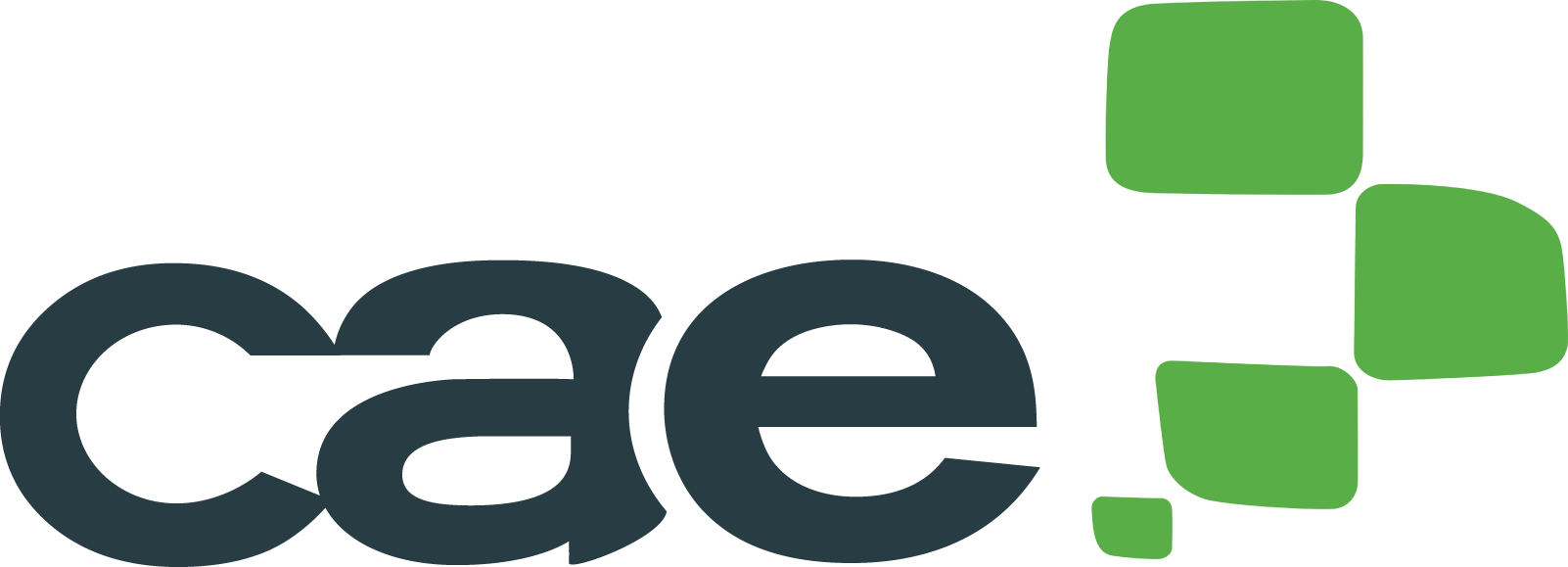When you run a language school there are a great deal of things to consider. This includes multimedia courses, how to best meet the needs of your students, how to manage teaching and support staff, and a whole host of administrative concerns. One significant administrative concern that is just as pertinent whether your school deals with traditional classroom teaching, online language learning or both is the issue of copyright and educational language licences.

So, what do you need to know about educational language licenses?
Language courses, including multimedia language courses, will need to include access to a range of texts. Things like books, journals, magazines, eBooks and websites can provide vital context to students. Therefore they are a vital part of multimedia language courses and online language learning. These types of resources can really help students practice their foreign language reading skills, and help them to soak up more of the culture related to the language they are learning.
Of course, it’s important for educational providers of traditional and multimedia courses to understand the legal obligations and limitations of reproducing written resources. Though some things used in multimedia language courses, such as specific textbooks and workbooks, are copyright cleared, most things are very much subject to copyright law.
The best way to make use of these kinds of written resources without risking breaking the law is to invest in educational language licences and ensure they are kept up to date. Educational language licences make it possible for the providers of both traditional and online language learning to make copies of copyrighted texts for their students to read and interact with as part of well-rounded multimedia courses.
In more traditional language school environments this is done by photocopying texts and distributing them among students. However, this method isn’t particularly effective as part of online language learning. Instead, most providers or multimedia courses will want to reproduce parts of texts in different ways. This could be by distributing these digitally, or even just using them as part of comprehension exercises or during virtual classroom sessions. Many tutors also like to use these types of texts on digital whiteboards.
What would we without educational language licences?
Without educational language licences, each individual online language learning provider would need to contact the publisher of each text they wanted to use in order to get permission to use it within their multimedia language courses. This would be extremely prohibitive as it is unlikely that most publishers would be able to respond to these individual requests in a timely fashion. It would also be extremely time consuming for tutors and administrators who could put their time to better use.
Instead, online language learning providers are able to purchase educational language licences, as are more traditional educational establishments. These licenses provide rights to photocopy and/or reproduce a certain amount of texts within courses without seeking individual publisher permission.
The specific rules vary from country to country. Generally educational language licenses allow online language learning providers to reproduce 5% of a book, or one chapter or article on multimedia courses. These rights apply to participating texts and publishers.
To check whether the text you want to use is licensed for you to use, visit your licensing agency’s website. You will be able to search the title or ISBN/ISSN number of the text you wish to use. You’ll then be able to confirm whether or not it’s covered by the license you have in place.
Any providers of multimedia language courses who haven’t yet applied for a licence can do so very easily. License providers such as The Copyright Licensing Agency offer access to texts published in the UK, USA and countless countries.
Once you can copy and reproduce copyrighted material, you can use it many ways within multimedia language courses. PDF scans and retyped content can be an excellent addition to online language learning.
Why not consider introducing this type of content as part of:
- virtual classroom teaching?
- online assessments
- learning management system revision activities and resources
- virtual discussions with language tutors and peers
- Written course modules and materials
Looking for more inspiration about how to use written content as part of the online language learning experience? Why not take a look at Voluxion, our specialist learning content management system for language schools? Many of the available features and digital tools lend themselves really well for use in partnership with written texts. With Voluxion, the possibilities for your language school and online teaching are almost endless.

